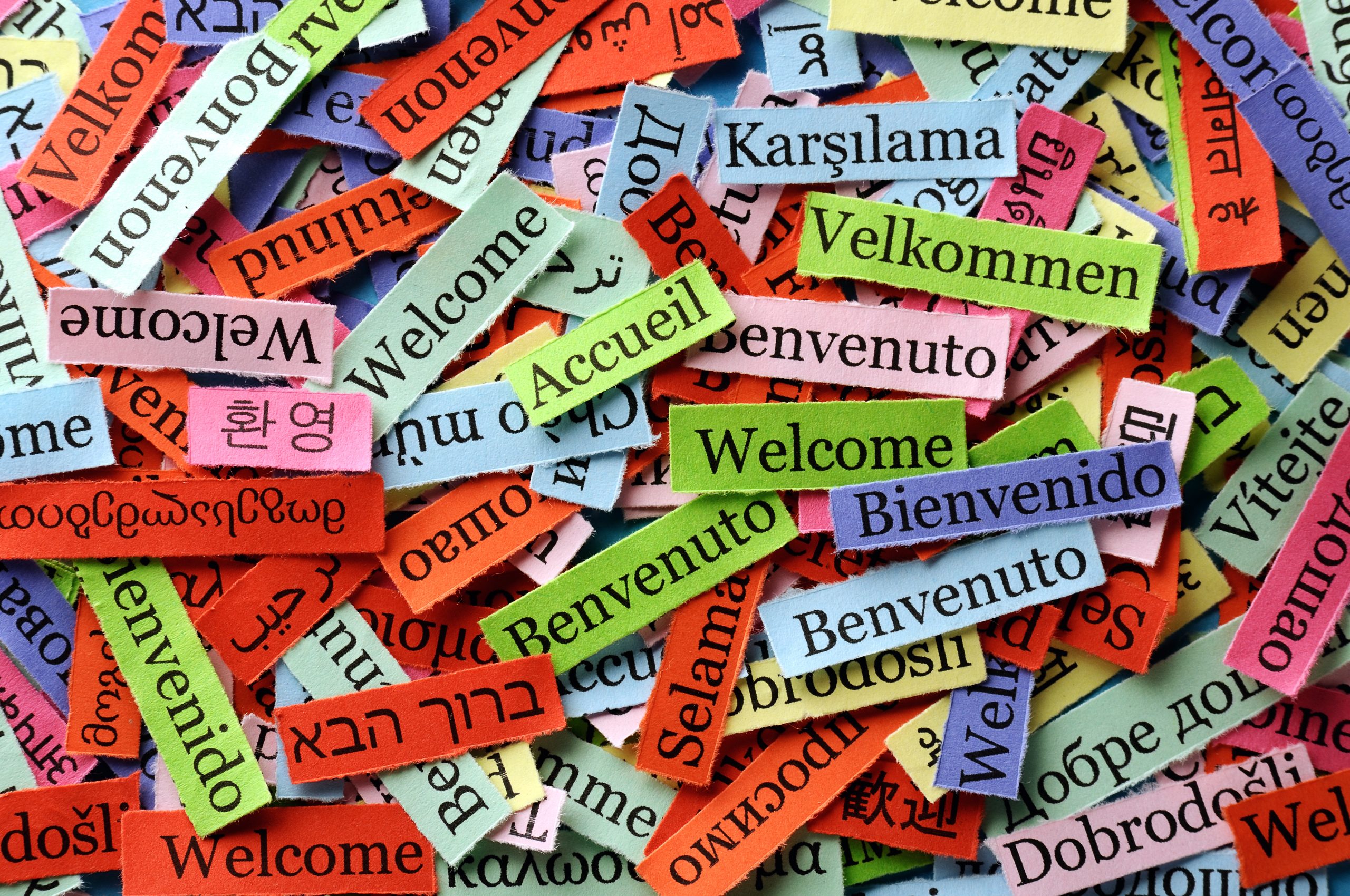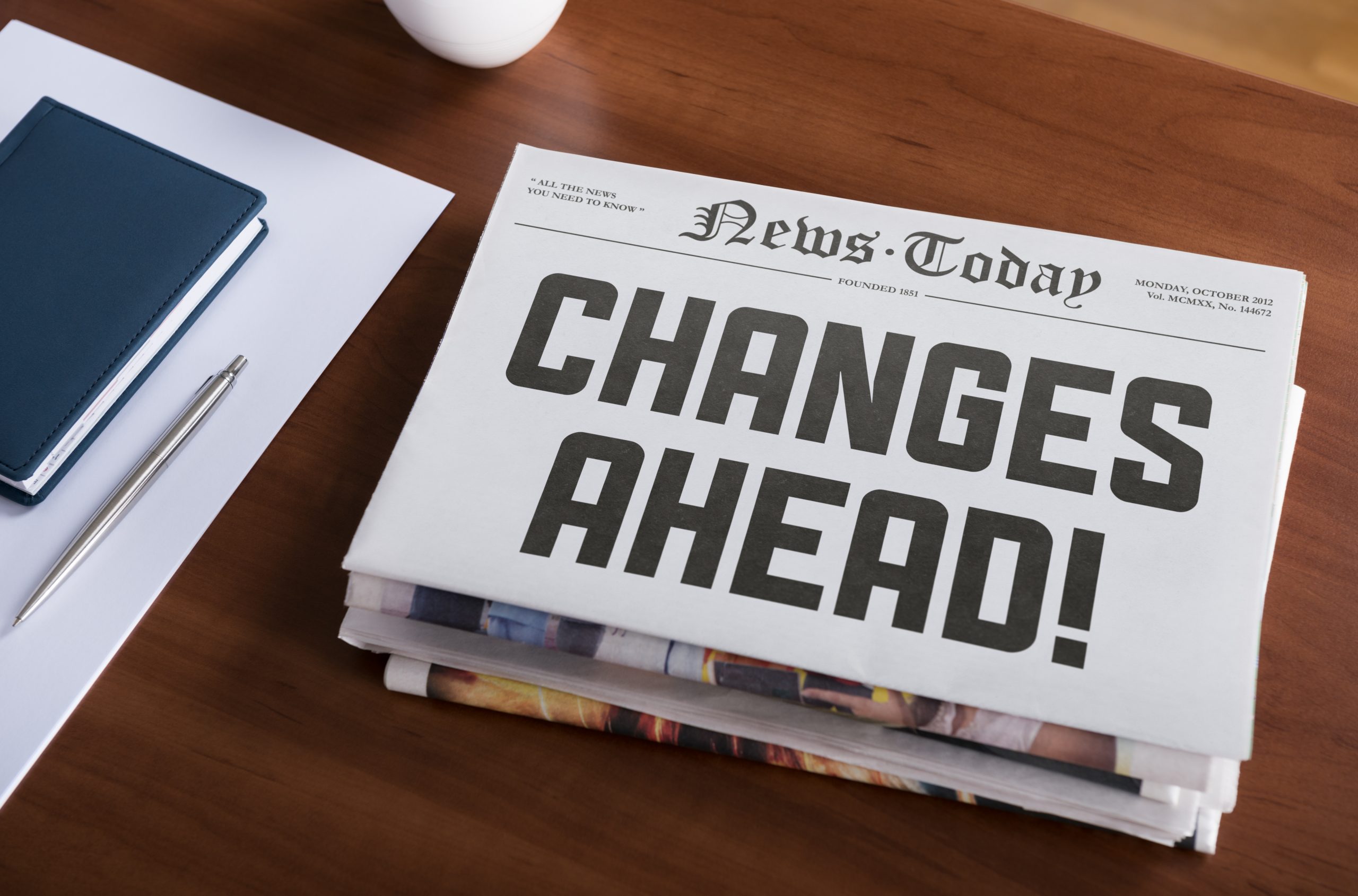by George Chanturia, Local Correspondent from Georgia.
 Having a dog is as good as it can get. I have an Irish Setter who is one of the most beautiful dogs ever (according to some of the painters. Really!). Me and him have this special bond that includes having to walk around outside on a daily basis. The good part is that I have met so many people, dog owners mostly, that otherwise I would have never met. It is like a sect, you know. Early morning, we gather, unleash our dogs and discuss different stuff. All of us come from different backgrounds and, in most cases, the only common thing, I would say, are our dogs.
Having a dog is as good as it can get. I have an Irish Setter who is one of the most beautiful dogs ever (according to some of the painters. Really!). Me and him have this special bond that includes having to walk around outside on a daily basis. The good part is that I have met so many people, dog owners mostly, that otherwise I would have never met. It is like a sect, you know. Early morning, we gather, unleash our dogs and discuss different stuff. All of us come from different backgrounds and, in most cases, the only common thing, I would say, are our dogs.
The other day we were discussing social problems and despair in the country. And even though public attitudes towards CSOs are pretty well-known to me, it made me wonder when one of the guys said that NGOs are part of the bigger plan, funded by international organizations and countries in order to establish their rule and erase real Georgian mentality and traditions. And then the discussion went on and on. I did not say anything on purpose. Firstly, not to sound biased and secondly, I wanted to hear more about how these ideas came about. Well, that is what this blog is about.
Anyone who is familiar with Georgian history knows that the 1990s was the darkest period for the country, hence the name – “the black 90s.” Obviously, the country was not prepared for the period after the USSR. People had more emotional thoughts about strategic development rather than pragmatic ideas. With that, the economy collapsed, and the country was torn in a two-front civil war.
This is the time when CSOs start to emerge in Georgia and make their own mark on the country’s development processes. This is also a time when international organizations such as Open Society Foundation or the World Bank become interested and start operating in Georgia. According to many, this was an important shift towards democratic development and a western orientation of the country. However, there are people who think otherwise.
I remember being a kid and watching demonstrations with people chanting “Slaves of Soros” (meaning George Soros the founder of the Open Society Foundation) on a daily basis. That time I had no idea what “Soros” meant, and I had no idea I would end up working for Open Society Georgia Foundation for some period of time.
Anyways, this was then, and one would think the situation has changed dramatically and, in a way, it has. However, public attitudes and perceptions are still not in favor of CSOs.
According to a study done by CSRD, Public Attitudes towards CSOs in Georgia, only 16 percent of the population “can be considered as informed about NGOs.” Moreover, one-third of Georgians do not know what CSOs do and 13 percent said, “they do nothing.”
According to different studies, 28% of respondents express trust towards CSOs. Although trust is still fairly low (3rd from the bottom among 12 institutions), it is higher than that enjoyed by the parliament (15 percent), prime minister (21 percent), and judges (19 percent).
Overall, the situation is not encouraging. But the main point here is WHY? And one of the reasons, I believe, is the language we use. Unfortunately, the CSO language is far, far away from that of regular Georgian citizens and I do not mean just slangs and internationalized vocabularies and a fancy way of talking. I mean the communication with the population or as we say, the beneficiaries, is absent. There is no direct communication and there is no effective communication that would be regular either. This idea is brilliantly expressed by one of the respondents in a study done by EWMI-ACCESS “the language of communication is different and leaders of larger CSOs look like parliamentarians speaking from pedestals that are detached and distant from the people.”
Obviously, there are many reasons for it such as the sector being donor driven or lacking experience and competencies or even the fact that the governments and decision-makers have made every effort to diminish the credibility of CSOs in the eyes of the general public. But yet, the problem exists, and it needs to be recognized first and then addressed. The first ones who need to do that are us – the ones representing CSOs.
References:
- Assessment of the Civil Society Sector. East-West Management Institute (EWMI): Advancing CSO Capacities and Engaging Society for Sustainability (ACCESS) Project. 2019.
- Public Attitudes towards CSOs, Euro-Integration and Business Companies in Georgia. Center for Strategic Research and Development of Georgia. 2018.
- 2018 Civil Society Organization Sustainability Index for Central and Eastern Europe And Eurasia. 22nd Edition – September 2019. USAID.
This article was produced by George Chanturia, the Project’s local correspondent and EaP Civil Society Fellow from Georgia in the framework of the EU-funded ‘Eastern Partnership Civil Society Facility – Regional Actions’ Project. Its contents are the sole responsibility of George Chanturia and do not necessarily reflect the views of the European Union or the Project. The photos are provided by the Local Correspondent.
Read more about our local correspondents here.




